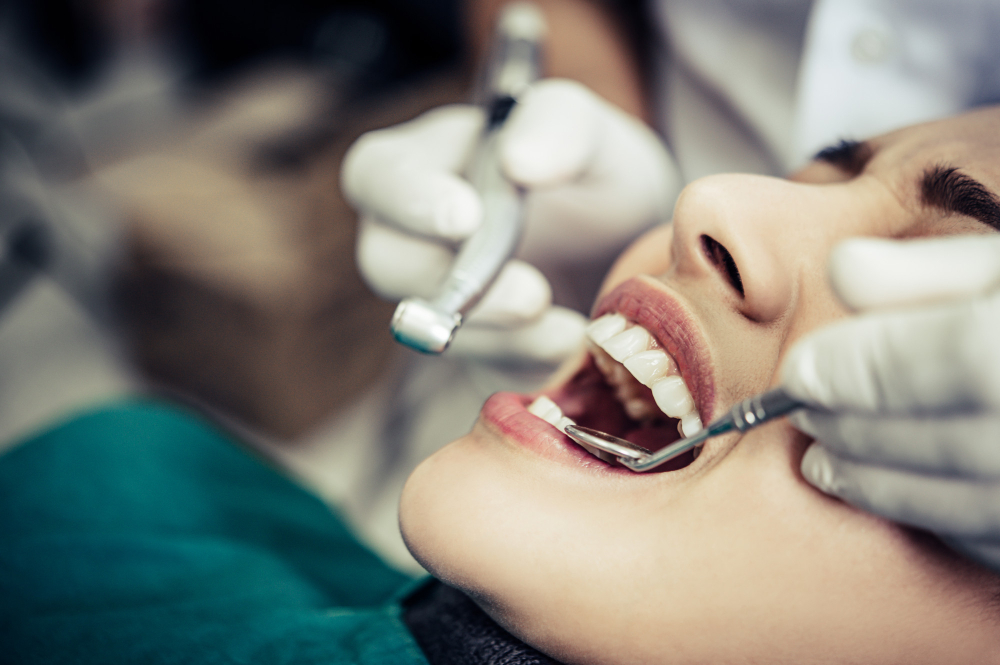Chin surgery is a surgical procedure designed to address various issues in the jaw area. This procedure is commonly used for a range of treatments, including tooth extraction, gum surgery, implant placement, and jaw bone reconstruction. Typically performed by dentists or oral and maxillofacial surgeons, chin surgery aims to resolve problems affecting the jaw's functionality and aesthetics.
When Is Chin Surgery Performed?
Chin surgery may be indicated in several scenarios:
- Tooth Extraction: Removal of teeth due to decay, fractures, or other dental issues. This procedure helps alleviate pain or prevent further complications.
- Implant Placement: Insertion of artificial tooth roots (implants) into the jawbone to replace missing teeth. This process is essential for restoring both function and appearance.
- Jaw Bone Reconstruction: Repair and reconstruction of the jawbone that may have been deformed due to trauma, injury, or congenital conditions. This surgery aims to restore proper jaw alignment and function.
- Gum Surgery: Treatment of gum diseases and conditions affecting the soft tissues around the teeth. This includes addressing infections and inflammation that impact oral health.
How Is Chin Surgery Performed?
Chin surgery is generally performed under local anesthesia, though sedation or general anesthesia may be used depending on the complexity of the procedure. The process typically involves the following steps:
- Pre-Procedure Examination: A thorough examination by the dentist or jaw surgeon to assess the specific issue and determine the appropriate treatment.
- Surgical Technique: Depending on the procedure, the surgeon may use traditional surgical tools or lasers. For implant placement, a hole is drilled into the jawbone, and the implant is securely positioned.
- Post-Procedure Care: After surgery, the gums or jawbone are sutured, and patients are usually advised to take painkillers to manage discomfort. Recovery may include swelling and pain, which generally subside within a few days.
Recovery and Aftercare
Post-surgery, patients may experience discomfort and swelling. The recovery period varies based on the specific procedure and individual healing responses. Adhering to the aftercare instructions provided by the surgeon, including pain management and oral hygiene, is crucial for a successful recovery.
 TR
TR EN
EN







